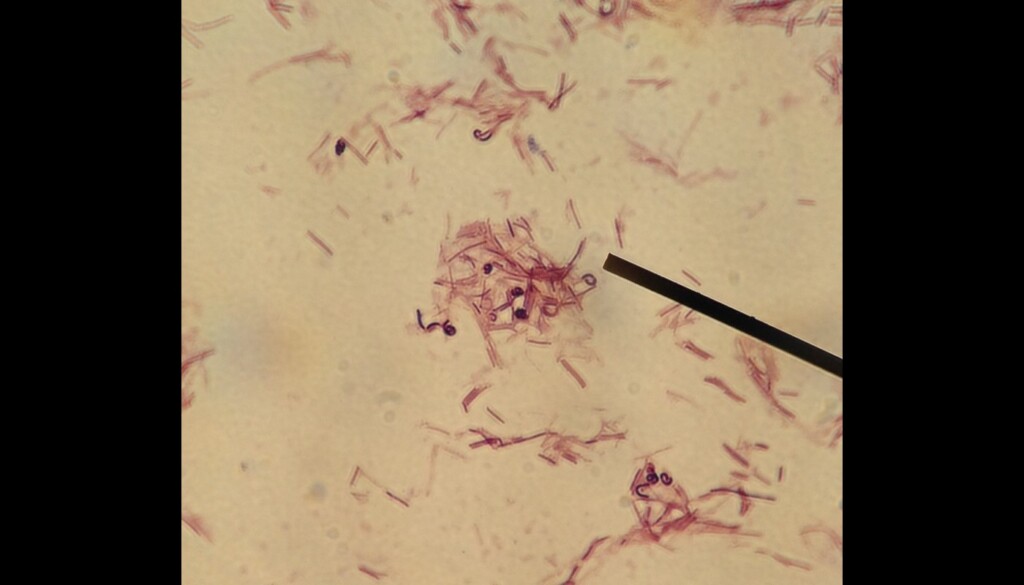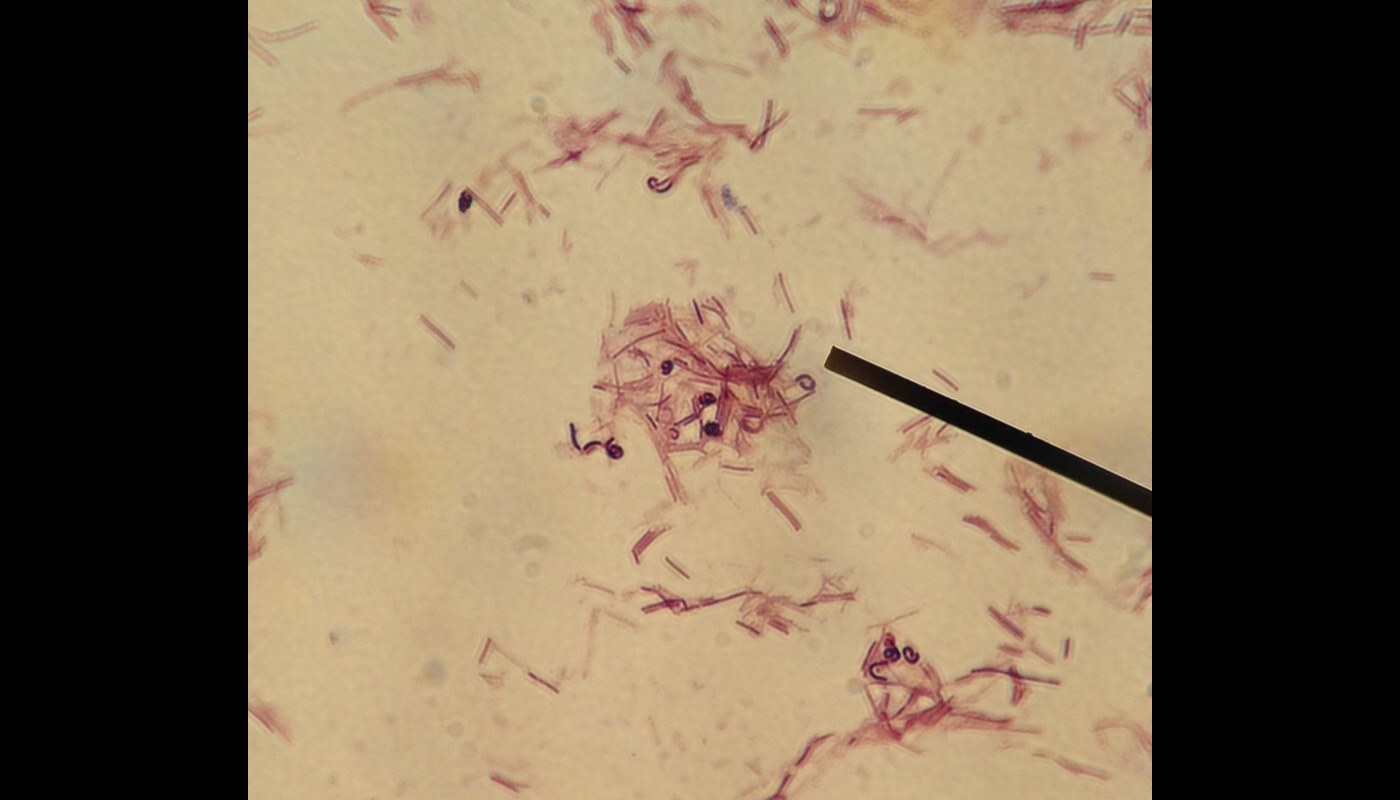
It’s not correct to tell someone you are what you eat, because you’re also what the trillions of microbes that live inside your GI tract and brain eat.
A study looking to see if taking a probiotic could improve symptoms of mild cognitive impairment found that the above refrain is correct—even when it’s related to cognitive decline associated with aging.
Specifically, participants with cognitive decline who were given Lactobacillus rhamnosus GG (LGG) for three months had increased cognitive scores associated with specific and measurable changes to the composition of their gut microbiome.
“The implication of this finding is quite exciting, as it means that modifying the gut microbiome through probiotics could potentially be a strategy to improve cognitive performance, particularly in individuals with mild cognitive impairment,” said Mashael Aljumaah, a microbiology doctoral candidate at the University of North Carolina.
“This adds a new layer to our understanding of the microbiome brain-gut connection and opens up new avenues for combating cognitive decline associated with aging.”
On account of the microbes, including viruses, bacteria, and other creatures that live in the gut, the gut is both the largest immune center and endocrine organ in the body, meaning more immune system activity is activated and modulated and more hormones are created in the gut than anywhere else.
When factoring in digestion and nutrient absorption, it’s perhaps no surprise that the diversity of microbial species in the gut could affect our biology as far afield as the cognitive centers of the brain.
The trial was double-blinded, meaning neither the patients nor the researchers knew who was given the placebo, and who was given the LGG. Over three months, patients aged 52 and 75 years old with mild cognitive impairment had their neurological markers improve concordantly with a drop in the prevalence of a microbiota genus called Prevotella.
MORE HEALTH NEWS: Men Free of Prostate Cancer Had Guts Fortified By Microbes Found in Yogurt
“By identifying specific shifts in the gut microbiome associated with mild cognitive impairment, we’re exploring a new frontier in preventive strategies in cognitive health,” said Aljumaah. “If these findings are replicated in future studies, it suggests the feasibility of using gut microbiome-targeted strategies as a novel approach to support cognitive health.”
The researchers are now working to understand the specific mechanisms of how microbes like Prevotella influence the gut in a way that improves brain health. Specifically, they are exploring how certain molecules produced by these bacteria modulate the functionality of neuroprotective hormones that can cross the blood-brain barrier.
Commercial probiotics contain many different species, and before running off to the store to buy one, it’s important to remember that this trial used one single species, and that the results were correlated with the drop in a single genus—a genus that may not be present in all gut microbiomes.
MORE NEWS FROM THE GUT: Specific Gut Bacteria Extract More Energy Which Seems to be Associated with Obesity
Nevertheless, it’s a very important finding, but just one in a long, long line of discoveries related to gut health and overall wellness.
SHARE This Very Important Finding With Your Friends…




















